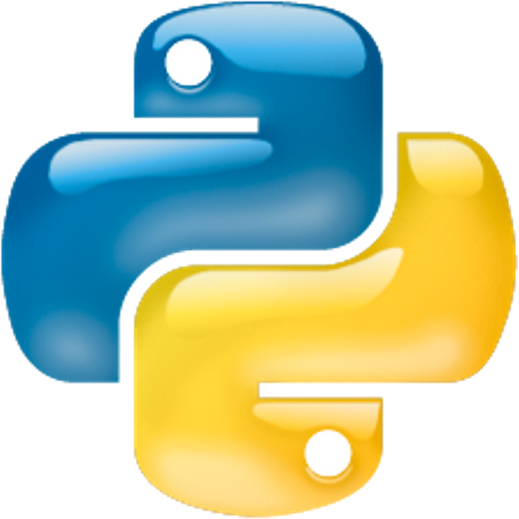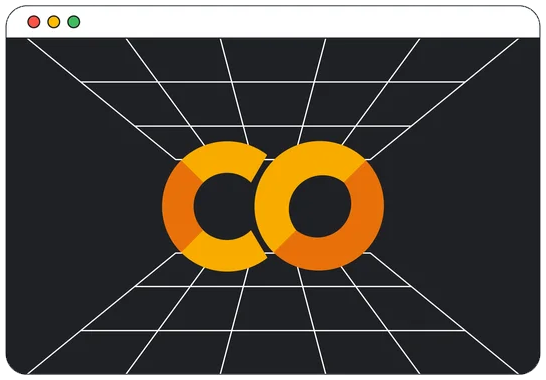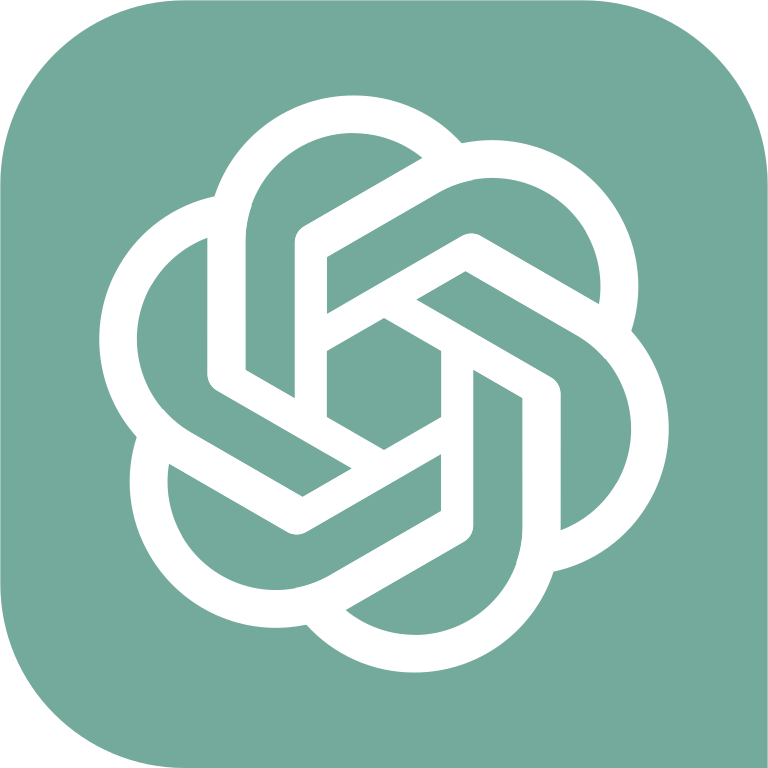Table of Contents » Chapter 5 : Disciplines : Gaming
Gaming
Overview
Python programming has a notable role in the world of gaming, both in game development and in areas of research related to gaming. Although Python might not be the first language that comes to mind for high-performance game development (with languages like C++ or C# typically being favored for their speed and integration with game engines), Python is frequently used for scripting tasks within the game development process. Python scripts can help with automating repetitive tasks, aiding in asset management, or for building developer tools. Some game engines even allow for Python scripting to define game behavior.
In the indie game development scene, Python, combined with libraries like Pygame, can be used to create full games, making it an accessible entry point for those learning about game development.
In gaming research, Python's strong data analysis capabilities are beneficial. From studying player behaviors in games, analyzing performance metrics, to developing AI and machine learning models for game testing or creating NPCs (Non-Player Characters), Python proves to be a versatile tool.
Finally, Python's use in the burgeoning field of game theory cannot be understated. Python's simplicity and the presence of libraries like NumPy and SciPy make it a great tool for modeling and solving complex game theory problems. Thus, Python serves multiple roles in the gaming field, from development to research and theory.
- Game Development: Python is used for scripting tasks within game development, especially for automating repetitive tasks, managing assets, and building developer tools. Some game engines even support Python scripting to define game behavior. While not typically the main language used for creating high-performance games, Python can be effectively used in indie game development, especially with libraries like Pygame.
- Game Theory: Python is used extensively in game theory, an area of mathematics used to model strategic interactions, where the outcome of a participant's choice of action depends critically on the actions of other participants. Python's strong mathematical libraries like NumPy and SciPy make it well-suited to model and solve complex game theory problems.
- Artificial Intelligence in Gaming: Python's robust machine learning and AI libraries are used to develop AI opponents (Non-Player Characters or NPCs) and to model complex game scenarios.
- Game Testing: Python is used in automated game testing, where scripts are written to perform a series of predefined actions in a game and log any issues or crashes.
- Data Analysis in Gaming: Python's powerful data analysis and visualization libraries are used to analyze and understand player behavior, improve game design, and target marketing strategies.
- Game Server Scripting: Python can be used for server-side scripting in multiplayer games, controlling game logic, and managing player connections.
- Game Prototyping: Due to its simplicity and speed of development, Python is often used for game prototyping, allowing developers to test out their concepts before translating them into a more performance-focused language for the final product.



